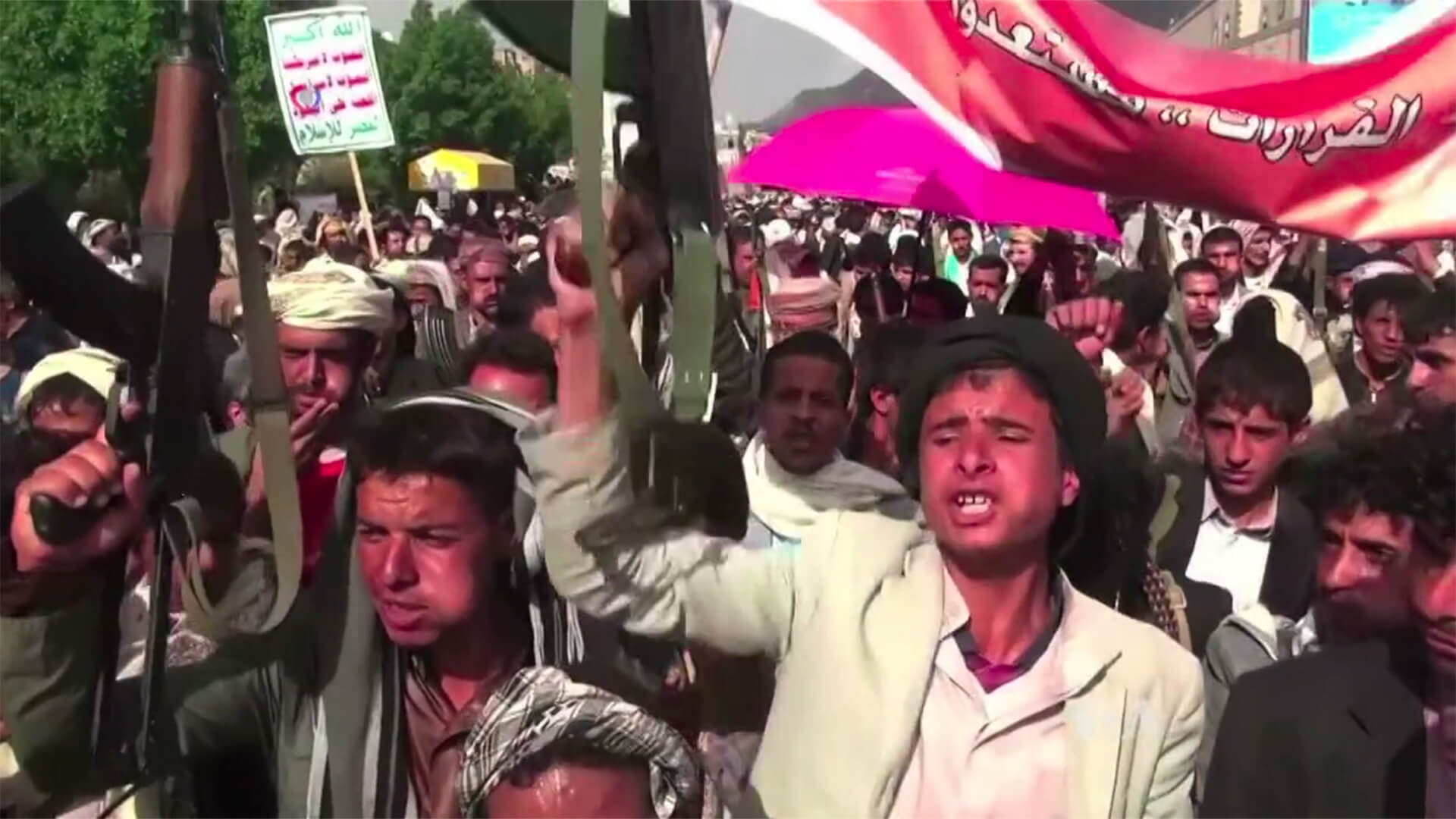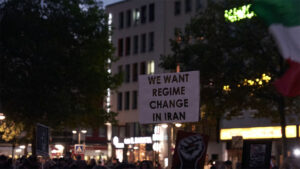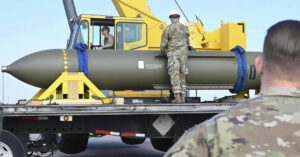Yemen, despite all the odds being stacked against it, has recently become strategically significant. If you’re not familiar with Yemen, it is geographically isolated, mountainous, hard to govern, only has a small pocket of fertile land, and has a long history of being unimportant.
The Egyptians and British can attest to how ridiculously difficult it is to control Yemen, but the Iranians are trying a new tactic. Iran is leveraging Houthi militants in Yemen by supplying them with missiles and other military support, as a way of replacing the influence they lost in places like Gaza, Lebanon, and Syria. So, Red Sea shipping gets disrupted without having to commit major Iranian resources.
Most terrorist organizations are hard to uproot, but the Houthis might take the cake. However, that doesn’t change the fact that Yemen itself doesn’t matter much, just that it’s currently serving as a platform for an Iranian proxy conflict.
Transcript
Hello from Dead Horse Point State Park in Utah. And this is Peter Zeihan coming to you from 2000ft above the Colorado River. And today we’re going to talk about why anyone cares about Yemen. Now, Yemen is one of those places that I’ve gone out of my way to denigrate. I’ve called the Houthis who which are the primary militant group.
They’re the most incompetent terrorists and alive today. So why does anyone care? Why should anyone care? Well, the topic, of course, of the moment is that the Houthis are using Iranian missiles in order to target shipping in the Red sea as part of their effort to show solidarity with the Gazans.
But the history of Yemen is more than just that. Basically, if you wonder why anyone has ever cared about this zone, you just have to look at a precipitation map. Most of the Middle East is shockingly desert. Most of the places in the Middle East that where we’re familiar with the history is because the put simply, you can have civilization.
There’s water. So you have the Fertile Crescent, Mesopotamia, you have the Levant, maybe the Hatay going up into Anatolia, and of course, the Nile. These are the places where civilizations can exist. Well, Yemen is a little pocket. Basically, you’ve got this knot of mountains that rises up at the southwestern point of the Arabian Peninsula that gets just high enough to wring a little bit of moisture out of the air.
And as a result, you have a sea of desert with this island of green in the middle, and that green is Yemen. And so when whenever any regional empire rises up and starts to establish themselves, they look around for the parts that are worth conquering. And Yemen, because it actually has green makes the list. The problem is twofold.
Number one, there’s a lot of brown around Yemen. So you have to project a lot of power just to get to it. And then second, there’s nothing near Yemen. So you can’t really project from Yemen anywhere else. Actually let me throw in a third one. Mountains. Brown people are ornery. And the same thing happens in Yemen as happens in West Virginia or jets near you.
They become tribal, almost Scottish. Actually, it’s a lot like Scotland, but surrounded by brown. So if you can actually project power there, you then spend all of your time at the end of a very long supply line trying to maintain control. And it has never worked out well for anyone. You can go back to the time of the Pharaohs, when the Egyptians first tried and basically got a finger cut off.
Then the Romans tried. They got some fingers cut off. Later on, the Arab empires based out of Damascus are back. But that tribe didn’t end up very well for them either, although they did at least nominally, maintain control. Then the Ottomans, then the Brits. Everyone has basically gone through who has tried to build an empire in the region. None of them have had a great time. What is different this time around is that no one is trying to control Yemen.
Someone is trying to use Yemen as a lever. And so Iran, having lost in Gaza, having lost in Lebanon, having lost in Syria, losing very quickly in Iraq, is discovering that most of its tools for triggering paramilitary operations throughout the region have collapsed in on themselves, and they don’t have much left.
But then there’s Yemen. The Iranians don’t care at all what happens to the Yemenis. But if you provide them with a little technical equipment and some hardware, they can cause some problems. And anyone who wants to then subdue the Yemeni discovers just as many problems as everybody else. So what’s happened most recently is the Iranians have basically provided missiles, a little bit of anti-aircraft.
And, you know, the technologies of how to dig a hole in order to build bunkers. And the Yemeni are proving sufficiently entrenched that an air campaign cannot root them out. So the Trump administration comes in, is looking for a quick and easy military operation. And Trump gives the U.S. military 30 days to get results. Well, shocker, if after 2500 years, no one is functionally subdued Yemen, it wasn’t going to happen in 30 days by air.
So the Trump administration has declared a truce. And the real talks with Iran are progressing. Whether or not they will succeed in anything too soon to know. The talks, however, are real. And the Yemeni are nothing but a tool for the Iranians. And so something that without Iranian support, the Americans can simply ignore. And that’s where we are now.








